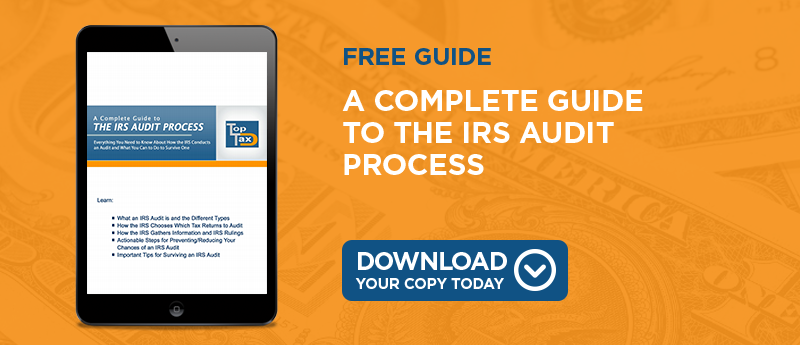
technology has made it easier than ever to store tax records securely. The key is understanding what your tax record storage options are and which ones are the best for your particular situation. With some storage options, you'll be able to keep your information protected, even if your home or computer suffers serious damage.
How to Store Tax Records
The old way to store tax records was to keep paper copies of tax returns in a filing cabinet. This may still be fine in some cases, but storing tax returns digitally is far better for maintaining security. You can save copies of your return on your computer's hard drive, then back them up regularly to keep from "losing" them in a system crash.
Along with your tax returns, you should also keep your backup documentation, especially if you claim lots of tax deductions that need support, such as claiming business expenses or depreciation. It's a good idea to keep the relevant receipts with the tax return to which they apply. This will give you a simple way to separate your tax years, if you only need specific records later on.
How to Protect Tax Records during a Disaster
What can you do to protect your tax records during a natural disaster? If you're backing up your tax records on a regular basis, you can simply save them to a portable flash drive and then take them with you if you have to evacuate. You might also consider backing them up with a cloud storage provider, which keeps your information safe in case something happens to your home or computer.
What about any paper copies of tax returns that you lose in a fire or a disaster? You can contact the IRS to request paper copies of your filed returns. The agency will send them to you so that you can keep your hard copies on file again.
How Long Should You Keep Tax Records?
Conventional wisdom says that taxpayers should keep their relevant tax records for at least seven years. Since the IRS has three years, and in some cases up to six years, to audit you, keeping the records for this long protects you. If you're called in for a tax audit, you'll be able to provide documentation for your claims as needed.
However, if the IRS believes that you never filed a return at all, the agency has an unlimited period of time to conduct an audit, so be sure to keep a copy of every return you have ever filed and the documentation showing it was received successfully by the IRS.
Protecting your tax records can help you support your case in case of an audit and provide documentation for some of your future tax filings. Storing your tax records in both digital and hard copy form will give you the financial peace of mind you need.




